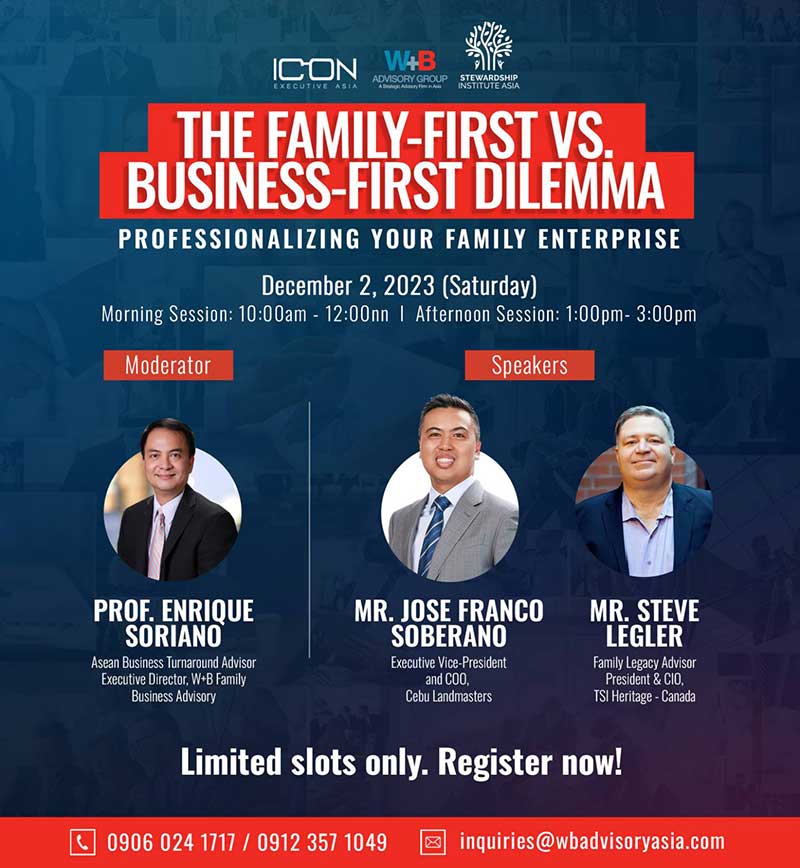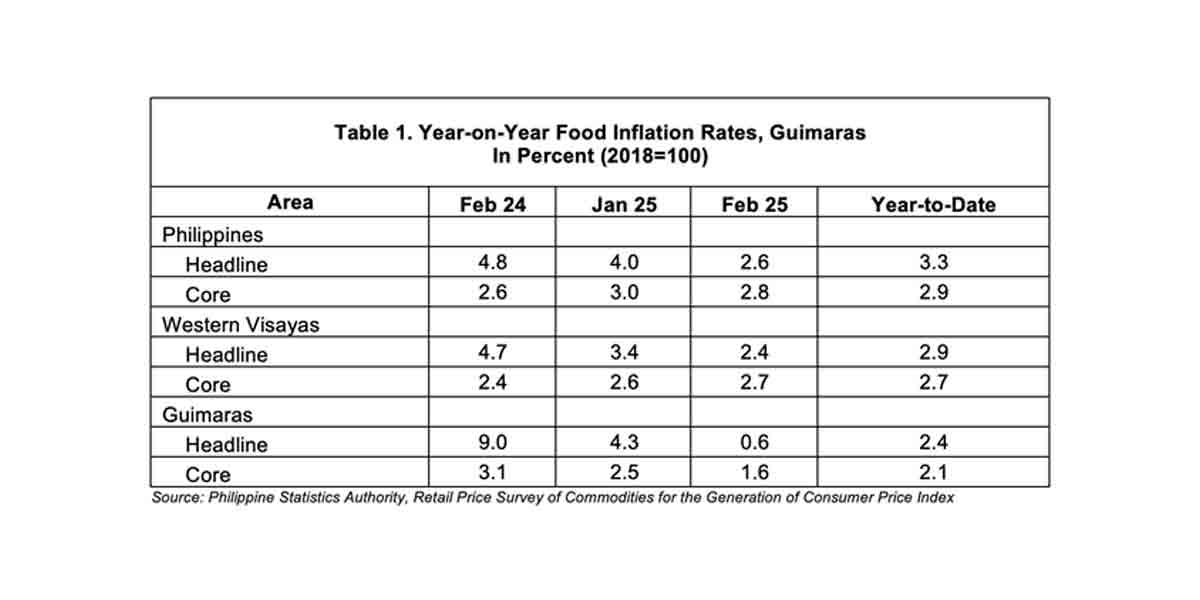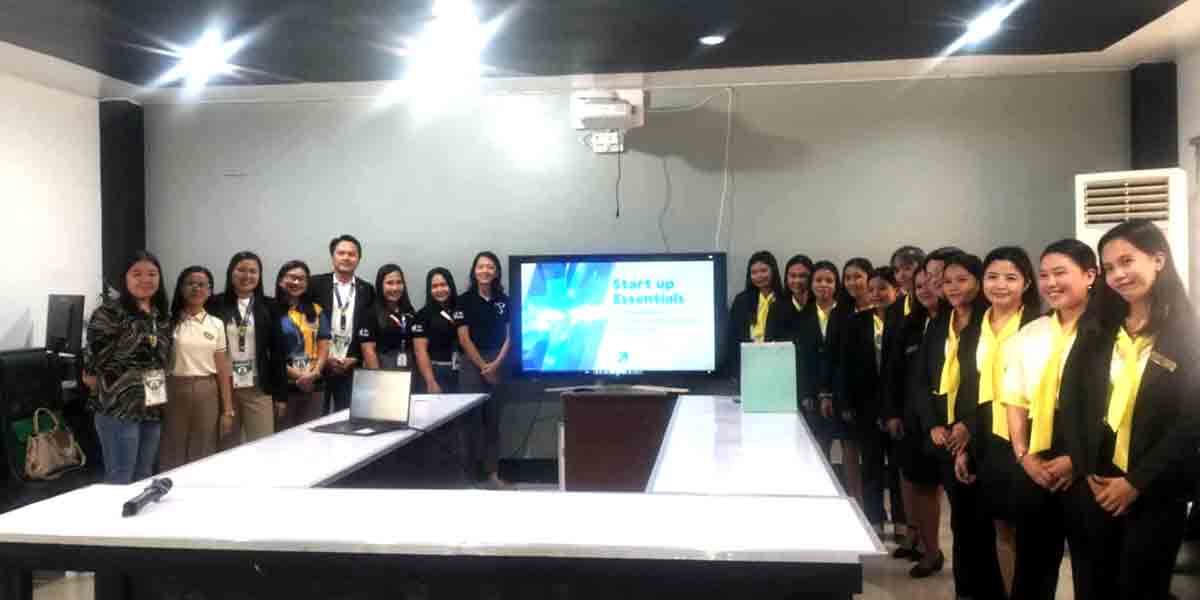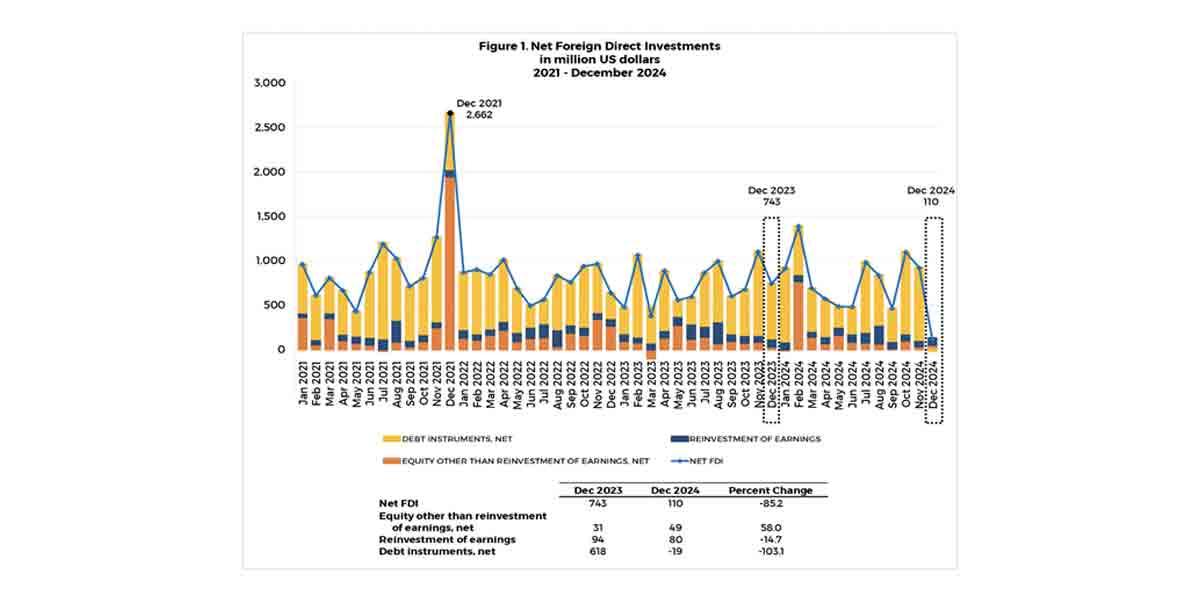
By Prof. Enrique Soriano
Family-owned businesses encounter distinctive challenges in terms of governance and decision-making. While family ties can instill a strong sense of loyalty and tradition, they can also complicate the quest for efficient business management. Transitioning to a business-first model of governance is essential for ensuring the long-term success and sustainability of the enterprise. However, it’s important to approach this transformation with caution, as it requires striking a delicate balance between family traditions and the best interests of the business. This article provides a roadmap of steps and strategies to make this transition work effectively.
- Recognizing the Need for Change
As family businesses grow, the founders, often the owners and operators who have managed the business for decades, may reach a point where they seek new horizons, feel the weight of fatigue, or aim to take the company to new heights. When this occurs, the time to consider professionalizing the business becomes crucial.
2. Establish a Clear Vision
The first step in transitioning to a business-first model is to craft a clear vision and mission statement for the company. This vision should prioritize the long-term success and sustainability of the business, placing its interests at the forefront.
3. Separate Ownership and Management
A pivotal aspect of this transition is the separation of ownership and management roles within the organization. Family members who are not actively engaged in daily operations should assume roles as shareholders or board members, rather than directly participating in decision-making.
4. Create a Professional Management Team
Hiring professional managers with the necessary skills and qualifications to run the business is paramount. Leadership positions should be assigned based on competence and expertise rather than family connections.
5. Implement Governance Structures and Develop Governance Policies
Incorporating governance structures, such as a board of directors or an advisory board, can effectively oversee the business and provide strategic guidance. These boards should include independent members who offer an objective perspective on decision-making and to ensure transparency and accountability in decision-making, it is essential to develop and implement governance policies and procedures that outline the roles and responsibilities of family members, managers, and board members.
- Maintain Strict Separation of Personal and Business Funds
One key aspect of governance policies is the discipline to maintain a clear separation between personal and business finances. Resources generated by the business should be reinvested to drive growth and value, without being siphoned off for personal use.
- Prioritize Financial Competence
The overarching goals are profitability and business sustainability. Achieving financial success and growth should be at the forefront of decision-making.
- Embrace Professionalism
Operate the family business like any other enterprise, with a focus on professional management, clear roles, and performance-based evaluations.
- Seek External Expertise
Encourage the utilization of external expertise and the adoption of best practices in management and operations to ensure the company’s competitiveness.
- Focus on Risk Management
Make business decisions driven by market conditions, competition, and financial performance, rather than family considerations. Prudent risk management is key in the transition to a business-first model.
Transitioning a family-owned business to a business-first model of governance is a significant undertaking that requires careful planning and execution. It is not going to be easy but there is no other way. And it entails finding the right balance between honoring family traditions and prioritizing the best interests of the business. By following the steps and strategies outlined in this article, family-owned businesses can navigate this transition successfully and pave the way for their enterprises to thrive for generations to come.
Want to learn more?
Join us on December 2 for an insightful webinar on navigating the complexities of family, business, and the family business, all at the same time! In W+B’s upcoming webinar, we’ll feature Cebu Landmasters Director, Senior EVP, and COO Jose Franco Soberano, along with family legacy coach and advisor Steve Legler from TSI Heritage in Canada and myself. Secure your spot now and explore strategies to align core values with growth objectives in family businesses. Reserve your seat today through Pat at rplatorre@wbadvisoryasia.com.
















